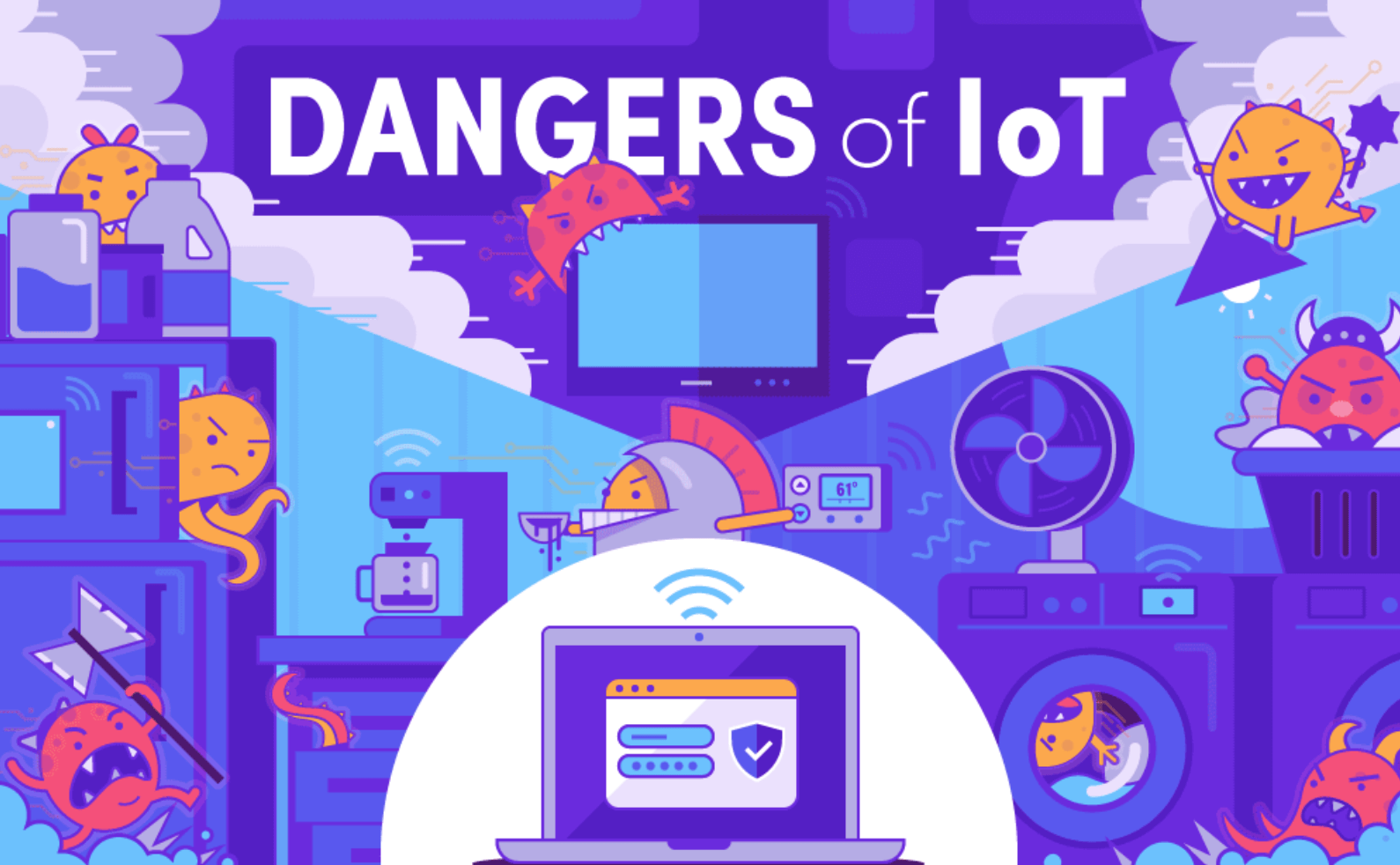The FBI has released a new report with much more advice on how to avoid infractions, now focusing on the Internet of Things (IoT), with all the smart devices and devices we have in our home.
Thermostats, automatic blinds, lounge lights, refrigerators with touch screens ... All these devices, belonging to the Internet of things, can end up being a danger to the consumer.
Since after Black Friday, where many American consumers have bought smart home appliances, the FBI believes it advisable to warn about the dangers of having such devices if they do not know how to use them properly.
The most important advice in this latest FBI report on the Internet of things is to change the password that comes by default on these types of devices, or on the contrary any hacker could connect to these devices once they discover our IP address, Something quite simple.
Another tip provided by the FBI is that the user should try to keep Internet devices of things and computers in separate networks to avoid violations that allow hackers to access a specific device after entering another.
This is especially difficult for you to do, since not everyone can afford to have several Internet networks at home.
Another aspect in which we must protect ourselves, according to the FBI, is that all these IoT devices that are covered by an Android or iOS application, could also be the gateway to spy on us.
That is why they recommend that "all these applications should always be updated to the latest version." In fact, it can be read that “many connected devices that are compatible with mobile applications on your phone could run in the background and use default permissions that you never noticed. Know what kind of personal information these applications collect. â€
Since so much connectivity can pose a danger to our lives, cybercriminals will always be looking for new ways to get information and thus leave us vulnerable to their attacks.
Some of the most vulnerable devices to these types of attacks and that are commonly found in homes today are:
- USB multimedia content streaming devices (Google Chromecast).
- IP cameras controlled by smartphones.
- Coffee machines controlled by smartphones.
- Home security systems, also controlled by smartphones.
Upon conclusion, the FBI warns that any person who has been a victim of cyber fraud, should contact the authorities.

